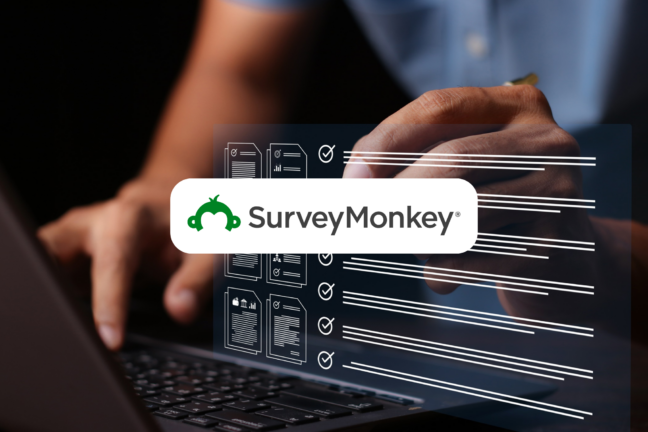Over half of consumers (55%) believe they understand how GenAI models are trained, as revealed by a recent survey by TELUS International. However, 60% were unaware that certain media companies, such as The New York Times, have imposed restrictions on the use of their information and data, including articles and site content, in the training of GenAI models.
The survey also highlighted concerns about the impact of GenAI models not being informed by media companies. More than half of consumers expressed worries about the content being inaccurate (54%) and biased (59%). When asked about alternative sources they would trust to educate GenAI models, higher education institutions (48%) and scientific journals (44%) emerged as the top choices. On the other hand, social media conversations (45%), review websites (27%), and brand websites (25%) were considered the least trustworthy sources.
Back in May this year, Telus conducted another survey highlighting how lack of transparency around Generative AI impacts customer experience.
“Many media companies have already updated their terms and conditions to include rules that forbid its content from being used to train AI systems and are blocking AI web crawlers from accessing their text, images, audio and video clips, and photos. Given that we are in the early stages of developing industry regulations for all aspects of GenAI, including the sourcing of data, it's crucial that companies take responsibility to do the right thing from the very beginning. To protect themselves from potential fines, penalties, legal action and negative brand impacts, those working on AI deliverables must carefully consider where they are scraping or otherwise extracting the data from to power their models, ” said Siobhan Hanna, VP and Managing Director, AI Data Solutions, TELUS International.
Regardless of the information source, 75% of consumers express a desire for companies to be transparent and clear about the origin of the data used to fuel their GenAI models. Moreover, over half (52%) of consumers believe that companies developing GenAI applications bear the responsibility of "policing" the information used and verifying whether it has been used with the consent of the content creator.

Generational differences around bias and transparency
Consumer sentiments regarding GenAI accuracy and bias vary across generations. The age group of 25-34 exhibits the highest trust in the accuracy of GenAI-generated content, with 47% expressing confidence, compared to only 16% in the 54+ age group.
Concerns about bias are widespread, with 43% of all consumers expressing distrust in GenAI content being unbiased. Notably, those aged 54 and above have the strongest response, with 51% expressing skepticism. In contrast, among those aged 18-24, 42% indicate trust in the unbiased nature of GenAI content, highlighting a significant contrast with the mere 16% in the 54+ age group.
“Since its launch a year ago, we have witnessed the unprecedented rise and development of GenAI. While many of the use cases are incredible, including its ability to fast track medical diagnoses and pharmaceutical developments, as well as aiding accessibility for those with disabilities, so too are the potential threats posed by its irresponsible use and the possibility of perpetuating and exacerbating false or biased data. To effectively mitigate against this and to ensure a safe online experience for all users, companies must source trusted and diverse training datasets created by leveraging a combination of technology and humans to oversee the output when deploying GenAI,” said Hanna.
With its recent GenAI-powered solution Fuel iX, TELUS International aims to provide global clients with AI-driven intelligent experiences (iX) to address critical business needs in the realm of Customer Experience.









